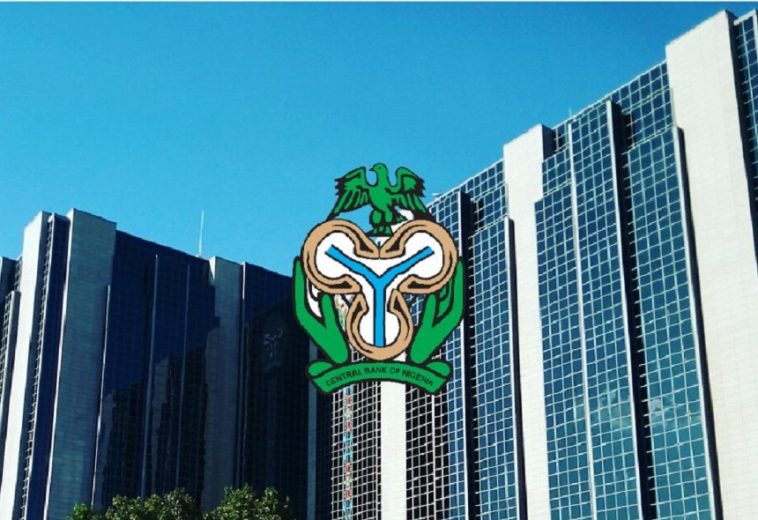As the world faces the escalating threat of antimicrobial resistance (AMR), Africa emerges as a pivotal leader in the global battle against this silent pandemic. Far from being a passive participant, the continent is spearheading innovative strategies, robust public health initiatives, and cutting-edge research to combat AMR.
According to the World Health Organisation, bacterial AMR was responsible for an estimated 1.27 million deaths globally in 2019 and contributed to a further 4.95 million deaths. Annually, around 700,000 deaths worldwide are attributed to infections caused by antimicrobial-resistant pathogens. Reports indicate that the misuse and overuse of antimicrobials in humans, animals, and plants are major drivers of the development of drug-resistant pathogens.
The Africa Centres for Disease Control and Prevention (Africa CDC), the African Union Inter-African Bureau for Animal Resources, and various member states reported that AMR caused 255,000 deaths in Africa in 2019—accounting for more than 20% of the global total. Sub-Saharan Africa experienced the highest AMR burden of any region, with a rate of 27.3 deaths per 100,000 people. Furthermore, without intervention, it is estimated that by 2050, deaths attributed to AMR could rise to 10 million annually, with Africa and South Asia bearing the highest burden.
The global economic cost of AMR is projected to reach US$100 trillion by 2050 if current trends continue. In Europe, the annual economic burden of AMR currently exceeds €2.0 billion, while in the United States, the cost is approximately $55 billion.
What is Antimicrobial Resistance?
Antimicrobial Resistance (AMR) occurs when microorganisms, such as bacteria, viruses, fungi, and parasites, become resistant to antimicrobial medicines. This resistance means that these medicines become less effective in treating infections, leading to prolonged illnesses, increased healthcare costs, and potentially higher mortality rates.
Africa’s Response to AMR
“We cannot ignore this silent threat that disproportionately affects the most vulnerable,” said Dr. Raji Tajudeen, Deputy Director General of the Africa CDC, in a press release. “Combating disease requires resources, and by working with member states and partners, we can save lives.”
Surveillance and Data Collection
Significant progress has been made across Africa in establishing AMR surveillance systems, which are crucial for monitoring the spread of resistant pathogens. The WHO’s Global Antimicrobial Resistance and Use Surveillance System (GLASS) has played a pivotal role in this effort, with 34 African countries now participating in the programme. These surveillance initiatives have revealed alarming levels of resistance to common antibiotics such as penicillin and cephalosporins. For instance, studies in Nigeria have shown resistance rates for some antibiotics exceeding 80%, highlighting the urgency of the situation.
Research and Innovation
Research and innovation are central to Africa’s battle against AMR. The African Society for Infectious Diseases (ASID) and the African Research Network for Neglected Tropical Diseases (ARNNTD) have been crucial in advancing the understanding of resistance mechanisms and developing new antimicrobial agents. Their research particularly focuses on diseases that are often neglected in global health research, such as tuberculosis, malaria, and HIV, which are prevalent in Africa. These efforts have led to the identification of drug-resistant strains and the development of targeted interventions, which are essential in curbing the spread of AMR.
Case Study: Tackling Drug-Resistant Tuberculosis in South Africa
South Africa has emerged as a global leader in combating drug-resistant tuberculosis (TB). Despite facing one of the world’s highest TB burdens, the country’s innovative approach to treating multidrug-resistant TB (MDR-TB) has yielded impressive results. The introduction of bedaquiline, a new drug for MDR-TB, has been transformative, and South Africa’s rapid and widespread adoption of this treatment has led to a significant decline in TB mortality rates. This success underscores the importance of research, access to new drugs, and strong political commitment in the fight against AMR.
African countries have demonstrated strong political commitment to combating AMR, with 40 nations launching national action plans in 2023. These plans focus on enhancing infection prevention, optimising antibiotic use, and promoting public awareness. South Africa’s comprehensive AMR strategy, including hospital antimicrobial stewardship programmes, has significantly reduced antibiotic misuse, setting a precedent for others.
Public awareness campaigns, such as the WHO’s “Resist the Resistance” campaign, have been instrumental in educating the public about the dangers of antibiotic misuse and the importance of hygiene and vaccination. Community-level interventions have also proven effective in reducing the spread of resistant infections in rural and underserved areas. These efforts are crucial in changing behaviours and mitigating the burden of AMR in Africa.
Comparative Analysis: Africa vs. Other Regions
In comparison to other regions, Africa’s approach to AMR has been exemplary in several areas. The continent’s grassroots public health initiatives have been more effective in reducing antibiotic misuse than similar efforts in parts of Asia and Latin America. Africa has also taken a leading role in global AMR surveillance with comprehensive participation in systems like GLASS. This has allowed Africa to contribute valuable data that enhances the global understanding of AMR, often surpassing the contributions of more developed regions.
To maintain and expand its leadership role in the global fight against AMR, Africa will need sustained investment in healthcare infrastructure, continued international collaboration, and the scaling up of successful interventions. Strengthening the capacity of healthcare workers, expanding access to quality diagnostics, and ensuring the availability of affordable antimicrobial agents are essential steps in this journey.
Africa is a leading force in the global fight against AMR. Through robust surveillance, innovative research, and effective public health campaigns, the continent is making significant progress. Organisations like the African Society for Infectious Diseases and the African Research Network for Neglected Tropical Diseases are at the forefront of these efforts. Africa’s leadership offers hope and valuable lessons for other regions facing this daunting challenge.




